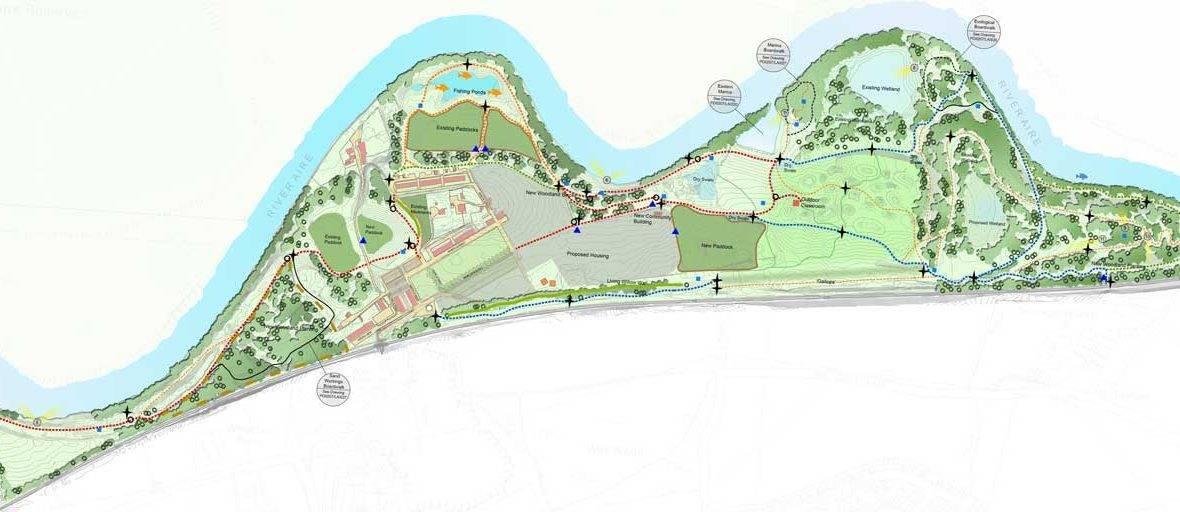Urban development has returned to the forefront of the investment agenda as cities around the world choose to engage with the private sector to develop large-scale urban sites and transform neighbourhoods. This ongoing urban restructuring is driven by the de-industrialisation of central neighbourhoods, shifting demographics and changing life preferences. Bruno Lobo explains how this is increasingly placing the focus of planners and developers on the integrated redevelopment of central urban areas.
Large-scale urban projects are increasingly valued by local governments as they enhance the competitiveness of cities, and help attract talent through innovative planning and design that creates vibrant social spaces, delivers innovative amenities and mass transit connectivity.
Increased density around transport hubs improves the sustainable use of urban infrastructure, and re-balances metropolitan regions. It also provides an opportunity to ‘capture’ a share of the incremental increase in land values to generate long-term revenue streams, finance infrastructure improvements, and deliver urban amenities and affordable housing.
The ongoing policy-shift towards urban development is also creating a structural readjustment of the real estate and construction industries. Real estate developers increasingly choose to focus on urban instead of suburban locations due to higher barriers of entry, surety of title and shorter predevelopment periods.
New commercial and residential typologies are emerging in response to the new technologies of the ‘shared economy’ and the increased mobility and connectivity of first time buyers. Urban projects are looking to adapt to these through an innovative mix of uses, social spaces and sustainability construction. The increased scale of projects often requires multi-phased development over longer periods of time, quite often in partnership with local authorities through complex deal structures and incentive mechanisms accommodating competing interests.
Asset managers and capital markets also increasingly search for opportunities to invest in urban development. Investment strategies are focused on ‘winning’ cities and ‘growing’ neighbourhoods with mandates to fund new asset types such as urban retail, the private-rental residential sector, and hotel-type projects that deliver above market ‘risk-adjusted’ returns by capitalising on the location of dense urban areas and connectivity to transportation hubs. Capital structures and financial products are increasingly tailored to the funding requirements of large scale developments, particularly the need for significant upfront investment in urban infrastructure, the incremental increase in land values and the inclusion of affordable housing.
The multifaceted nature of these projects is driving new forms of collaboration between the public and private sector and is creating a new integrated approach to designing, building, financing and operating large scale urban developments and infrastructure. Traditional boundaries between the public and private sector and between consultants and principals are becoming increasingly blurred as their roles become interdependent by virtue of their enhanced planning and delivery capabilities. These new project types have planning and financing requirements which can only be addressed through an integrated planning and delivery model, requiring public officials, consultants, developers and investors to proactively seek to jointly plan and deliver large-scale urban projects.
Such an integrated approach requires the definition of a ‘vision’ and investment in the regulatory framework and infrastructure needed to create the conditions of certainty necessary to encourage private investment. Collaboration in the ‘front-end’ stages of a project helps maximise value, and reduces financial and program risk. Deal structures need to align interests through structures that distribute costs and benefits over time, ‘back-ending’ incentives while delivering market returns on equity and public benefits. Developments need to create investment grade assets which institutional investors can underwrite based on an understanding of any predevelopment risks, surety of title and hence fund based on ‘risk-adjusted’ returns and the availability of financing.
Given the ongoing structural shifts in urban development and the broader real estate market, there is an unsurpassed opportunity to transform neighbourhoods through large scale projects that create more prosperous, sustainable cities. Integrated planning and delivery models based on a collaborative approach are best placed to meet the challenges such projects entail.
In essence, the choice of the city as a place to invest, can in reality be an investment in the city itself.
< Return to the Cornerstone homepage

